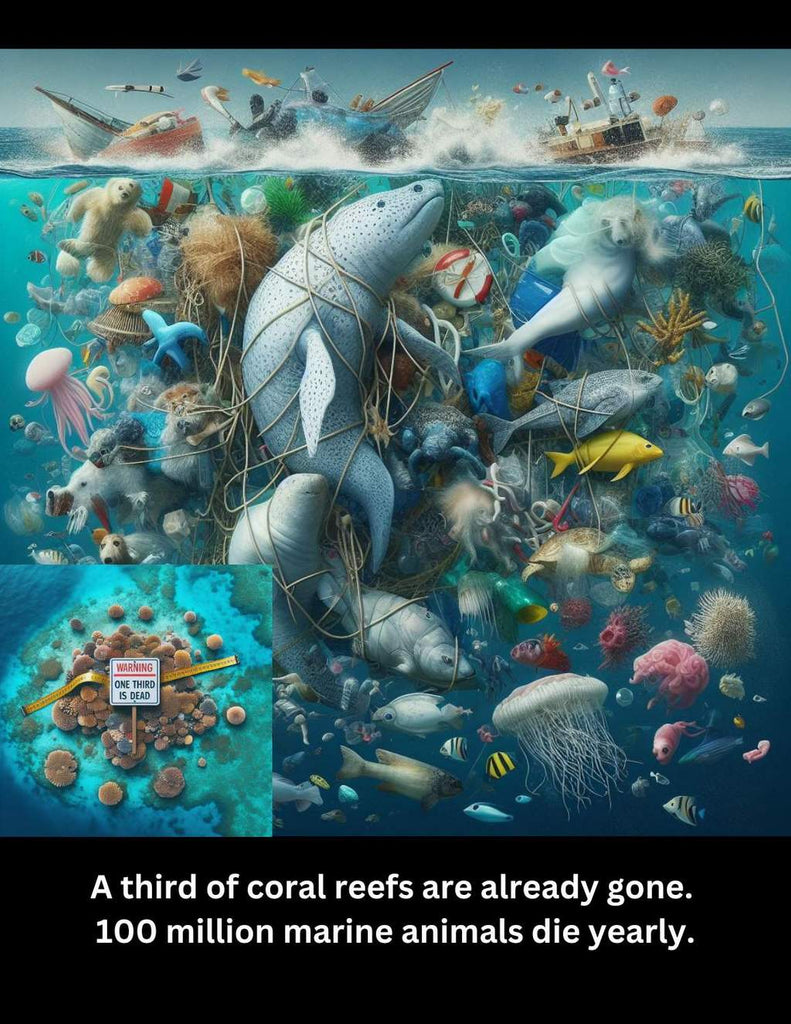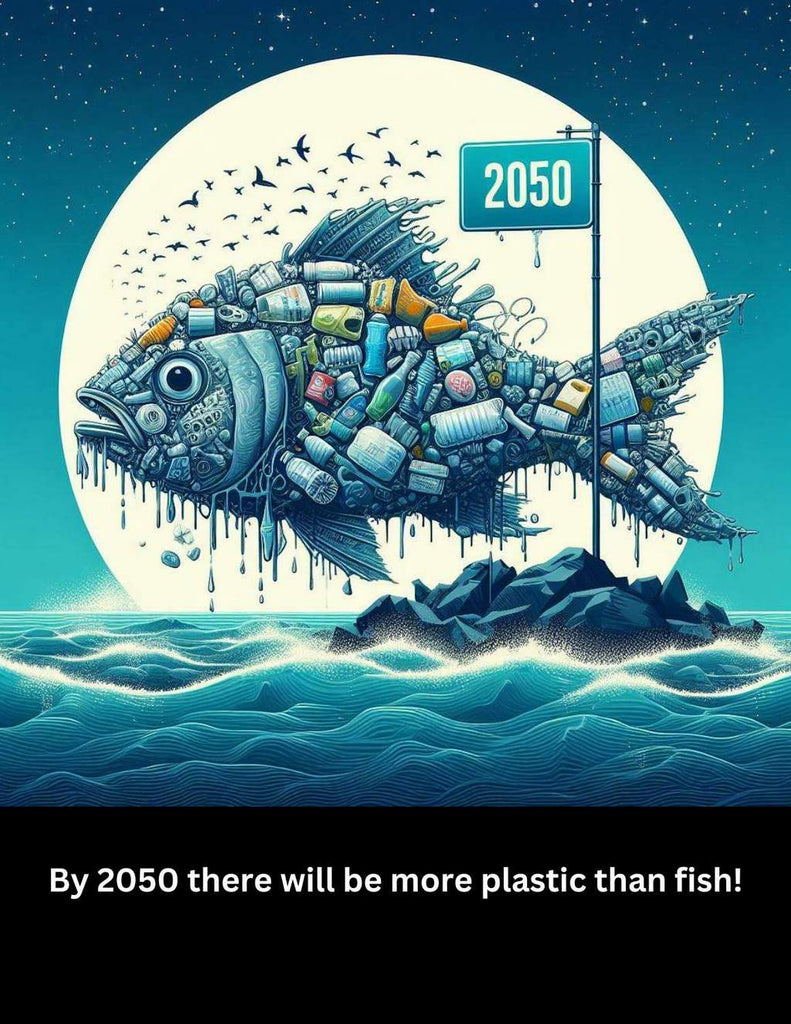Sustainability
The Plastic Problem




Together, we can be part of the solution
Scope of the problem
- Half of all marine life has been lost in the last 40 years (World Wildlife Fund)
- 1% of plastic in the oceans is on the surface. This means 99% of plastic is water suspended or settled on the ocean floors (National Geographic)
- Every second, 160 000 plastic bags are produced and less than 1% of plastic bags are correctly recycled (EarthDay.org)
- ~51 trillion microplastic particles are already in our oceans (2017 estimates from United Nations Marine Conference)
- The Great Pacific Garbage Patch, the largest accumulation of ocean plastic is about twice the size of Texas (National Geographic)
- Plastic pollution can travel long distances and end up in remote areas such as Arctic sea ice and beaches on uninhabited islands. (National Geographic)
The ill effects of plastic
- Microplastics, small pieces of plastic less than 5mm in size, are particularly harmful as they are easily ingested by marine life and can accumulate in the food chain. (NOAA)
- Plastic pollution has many negative impacts on human health, causing respiratory problems and cancers from toxic chemicals released by plastic. (National Geographic)
- Plastic pollution in the ocean is also affecting the oxygen levels in the water, potentially causing "dead zones" where marine life cannot survive. (Smithsonian Magazine)
- Plastic pollution affects not only the oceans but also the freshwater systems, harming aquatic life and ecosystems. (WWF)
- Plastic pollution can also have a visual impact, spoiling the beauty of beaches and coastlines. (Oceanic Society)
- Plastic pollution can disrupt the reproduction and development of marine animals, leading to population declines. (United Nations)
- Plastic pollution disproportionately affects low-income communities and countries with poor waste management systems. (United Nations Environment Programme)
